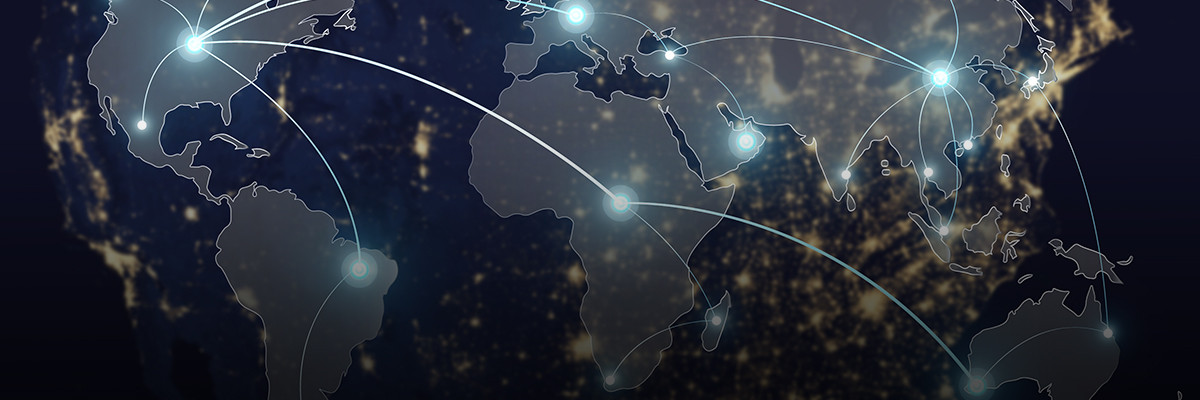
Authors
-
Peter Nestor
Former Director, BSR
The 1948 Universal Declaration of Human Rights states that "no one should be held in slavery or servitude” and “slavery in all its forms should be eliminated." Yet unfortunately modern slavery—most clearly embodied in forced labor and sex trafficking—remains both widespread and difficult to combat today. In 2016 alone, more than 40 million people were victims of these crimes.
For business, there is both a moral and legal imperative to tackle modern slavery. As the number of legislative initiatives around this issue have increased, initiatives and collaborations to help business address human trafficking and modern slavery have multiplied. While the recent proliferation of organizations addressing this problem is encouraging, it also poses a problem for companies: How should you find the most relevant partners to work with or collaborations to join?
To answer this question, the Global Business Coalition Against Human Trafficking (GBCAT) partnered with the United Nations Global Compact and the RESPECT Initiative (comprised of the Global Initiative, Babson College's Initiative on Human Trafficking and Modern Slavery, and IOM) to develop an online, interactive mapping of organizations and initiatives tackling modern slavery. Today, we are pleased to launch this major new platform, supported by the ILO Global Business Network on Forced Labour and Human Trafficking and Alliance 8.7.
This interactive map of anti-human trafficking organizations responds to frequent requests from companies for help navigating the constellation of modern slavery initiatives. Drawing from a database of over 100 organizations, the map allows the user to filter organizations by type (initiative, NGO, foundation); issue (e.g. child labor, forced labor, recruitment); geography; and industry. These filters can be combined to help the user narrow down the list of organizations even further. The database will be updated on an ongoing basis and will remain open to all as a free resource.
Recent legislative developments, such as the passage of the U.K. Modern Slavery Act in 2015, mean that it is no longer enough for companies to respond reactively or to isolated reports of slavery or forced labor in supply chains. Businesses must have processes in place to proactively identify and address modern slavery across their operations.
We encourage companies to make use of this map from the earliest stages of your efforts to tackle modern slavery. By working with the organizations most clearly focused on specific crimes, industries, and geographies of relevance to your business, you can focus your efforts on the most relevant topics where you can have the greatest potential impact. Previously, many hours of manual research would have been required to narrow down the list of potential groups to work with; now, verified information about the most relevant partners can be found with a few simple clicks.
The collaboration between four major organizations to develop this resource stems from a desire to prevent overlap and duplication. We recognize and commend the surge in efforts to help business address this horrific crime. However, as with other issues, there is a risk of fragmentation leading to confusion. This is a first step to greater coordination and cooperation across a constellation of partners. We also hope that this mapping may serve as a model for other areas of the human rights or sustainability landscapes that may contend with similar proliferations of initiatives.
Finally, while we are proud to be launching this resource, we recognize that this is a small step on the road to eliminating human trafficking and modern slavery. Behind this high-level map is a huge, on-the-ground network of extraordinary and committed individuals who spend their days fighting modern slavery. We would like to acknowledge their courage and pledge to support them in their efforts.
For more information, please reach out or visit the GBCAT website.
BSR’s latest sustainability insights and events straight to your inbox.
Collaborative Initiatives
Let’s talk about how BSR can help you to transform your business and achieve your sustainability goals.